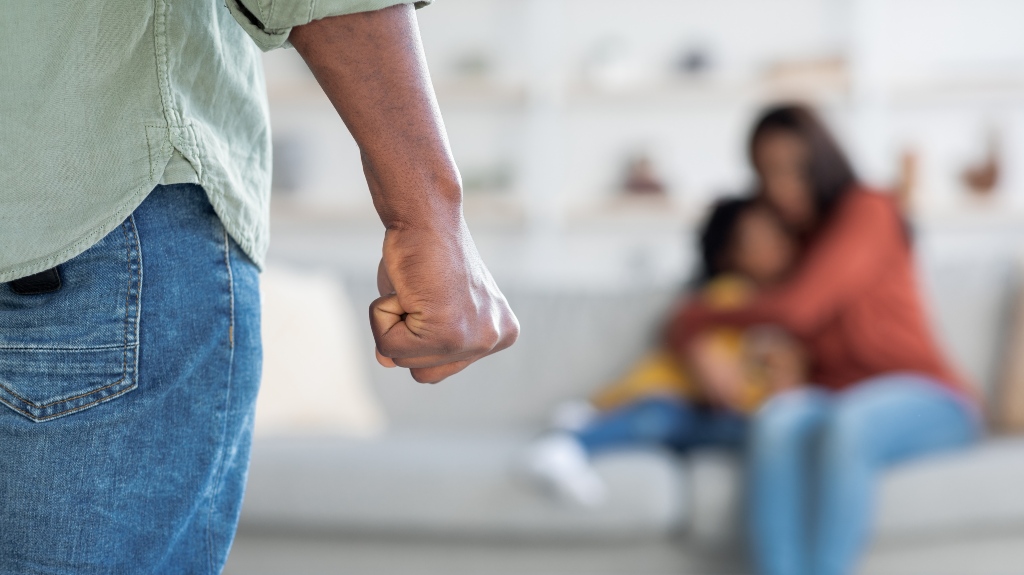
Child custody battles are tough, and when domestic violence is involved, things get even trickier. New Jersey courts pay close attention to any history of abuse when deciding who should take care of a child. The child’s well-being comes first, and just one violent incident can have an impact on the outcome of a custody case.
If you’re a parent who has dealt with domestic violence or someone facing accusations, you need to know how the law handles these cases. The choices made now can affect your child and your bond with them for years to come.
If you’re dealing with a custody problem involving domestic violence talking to a lawyer who knows these cases inside out might be a good idea. Get in touch with Carvajal Law to find out how they can help you guard your rights and make sure your child stays safe and sound.
How New Jersey Courts Decide Child Custody
In New Jersey, the main thing the court looks at in custody cases is what will be best for the child. Judges do not automatically side with one parent. Instead, they take the time to look at everything going on in the child’s life to figure out what kind of arrangement will give them the most stability and support.
The court looks at a variety of factors. This includes how well each parent can meet the child’s needs, how strong the child’s bond is with each parent, and whether the parents are able to work together when it comes to important decisions. The child’s age, schooling, and even their own wishes may also be considered, depending on the situation.
When there are concerns about safety, like domestic violence, the court takes those issues very seriously. Protecting the child’s physical and emotional well-being is always the top priority. If there is a history of abuse, the court may decide that certain limits or protections need to be put in place.
While the courts usually want both parents involved in a child’s life whenever possible, that only applies if it is safe. Every family’s situation is different, so judges carefully review all the facts before making a decision that will affect the child’s future.
Domestic Violence as a Critical Factor in Custody Cases
When domestic violence is part of a custody case in New Jersey, the court approaches things very carefully. The safety and well-being of the child take top priority. Even if there has only been one incident, the court must consider it when deciding what kind of custody arrangement is best.
Domestic violence goes beyond physical harm. It includes emotional abuse, threats, intimidation, or any actions that create fear or instability. A child who has witnessed or experienced such behavior might suffer emotional damage. The court weighs all these factors when making its decision.
Judges examine police reports, medical records, restraining orders, and other evidence to gain an understanding of what occurred. They might also hear from witnesses, therapists, or others who can shed light on how the situation has affected the child.
If the court determines that domestic violence poses a genuine concern, it may restrict the abusive parent’s custody rights. In some instances, the parent might get supervised visits. In more extreme cases, the court might deny custody to ensure the child’s safety.
Since these decisions have a major effect, both parents need solid legal representation to ensure the court hears all the facts. At the end of the day, the judge will concentrate on finding the safest and most stable setting for the child to grow and flourish.
Supervised Visitation and Other Restrictions
There are times when the court decides it is still important for a child to have some contact with both parents, even if one parent has a history of domestic violence. In situations like this, the court may allow visits but with certain rules in place to make sure the child stays safe. This is where supervised visitation comes in.

During supervised visits, the parent does not see the child alone. Instead, someone else is always present to keep an eye on things. This person might be a trained professional or someone the court approves, depending on the situation. The main goal is to give the child a chance to spend time with both parents without putting them at risk.
The court can also set other limits. For example, visits may only happen at certain times, for a limited amount of time, or at specific locations. Sometimes, the parent may be required to complete counseling or parenting classes before visits are allowed to start.
These restrictions are meant to make sure that the child stays safe while still giving the parent a chance to maintain a relationship with them. If at any point the court believes that even supervised visits are not safe, those visits can be changed or stopped altogether. In every case, the court is focused on what will give the child the safest and healthiest environment possible.
Legal Help for Child Custody Cases Involving Domestic Violence
Dealing with a custody case is hard enough, but when domestic violence is involved, it can feel even more overwhelming. A lot hangs in the balance, and knowing what to do next isn’t always clear. The choices you make now can shape your child’s future for years to come.
This is why having a lawyer who understands these cases can be a game-changer. A family law expert can break down the process, assist you to gather the right papers and facts, and ensure the court gets a full picture of your situation.
If you are facing a custody case where domestic violence is a factor, you do not need to handle everything on your own. Contact Carvajal Law to get the support and legal guidance you need to protect your child and move forward with confidence.